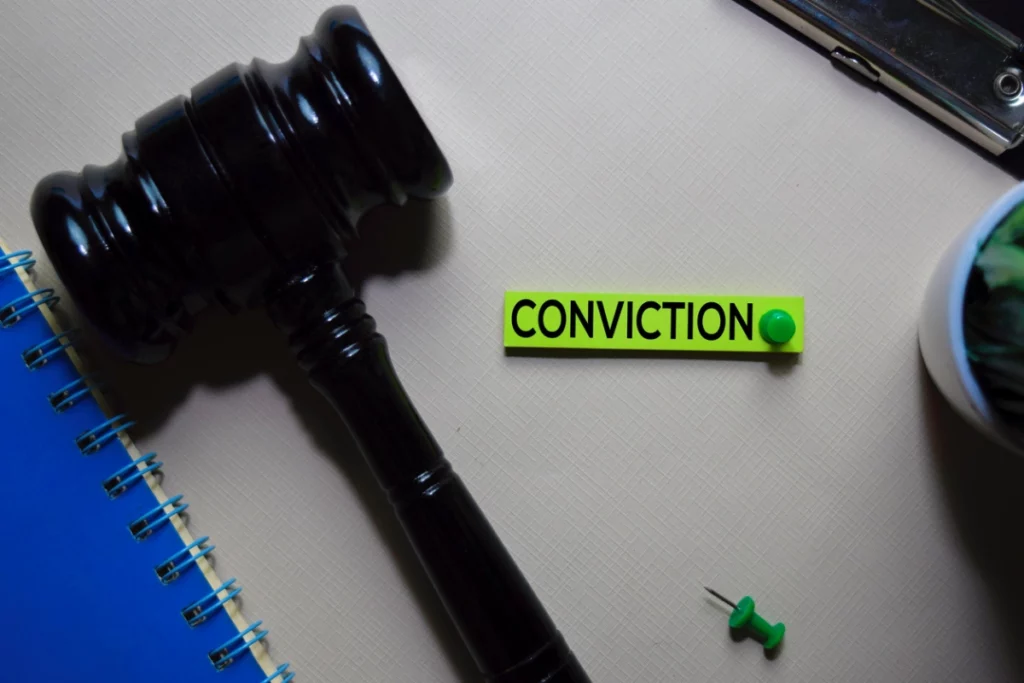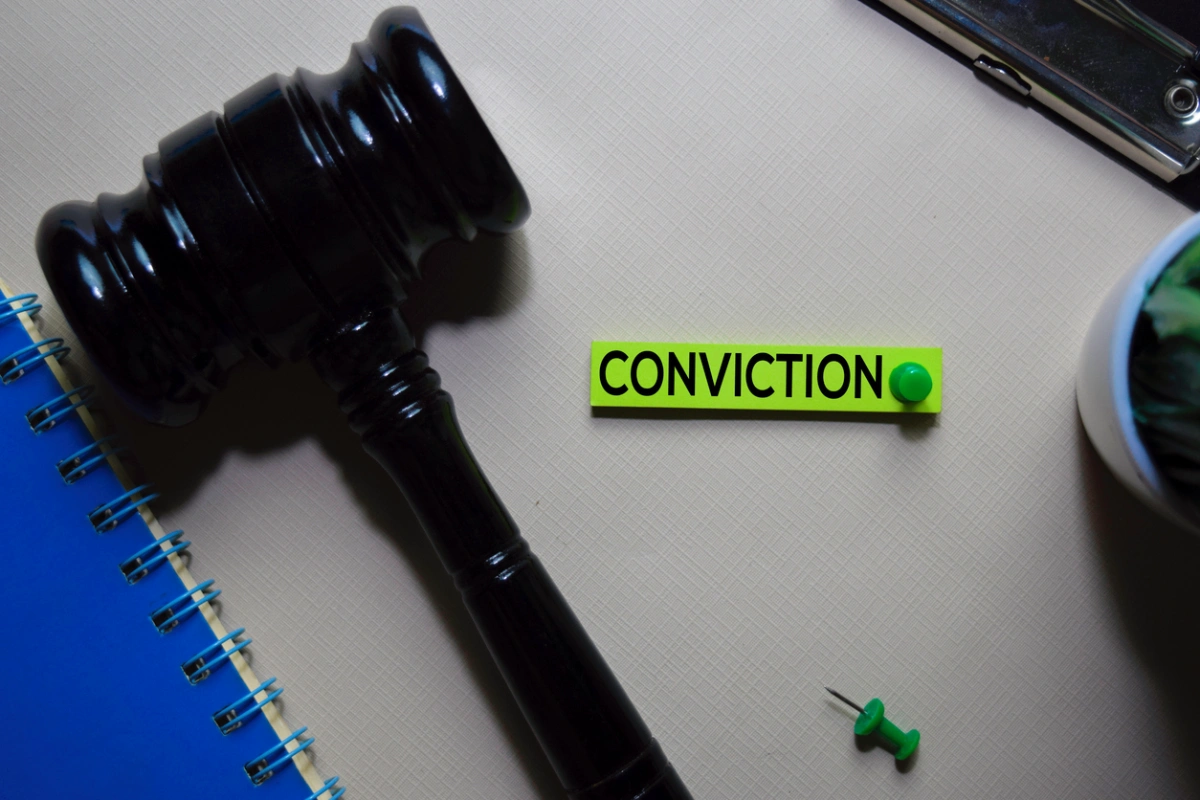
If you’ve just been convicted of a crime, you might feel as though all hope is lost and all future opportunities are slowly fading away. However, a skilled criminal defense attorney may be able to help you through the process of post-conviction relief. In some cases, pursuing post-conviction relief leads to reduced sentences or even new trials.
So, what is post-conviction relief in Chicago? And how can the attorneys at Kost Law help you pursue it? Here’s a closer look.
What Is Post-Conviction Relief?
The process of post-conviction relief is when you and your criminal defense attorney challenge elements of your conviction or sentence. These are some common issues raised in a post-conviction hearing:
- There is newly discovered evidence that could exonerate you
- There were serious legal issues that compromised the integrity of your original trial and/or conviction
- Your constitutional rights have been violated
There is no standard process for post-conviction relief. Instead, there are a number of different motions your lawyer may choose to file on your behalf.
Grounds for Filing a Post-Conviction Petition
If there is reason to believe that your conviction (or sentence) is legitimately unfair, you may have grounds for a post-conviction petition. These are some common reasons for filing:
- You had ineffective assistance of counsel
- New evidence proving your innocence has surfaced
- There was prosecutorial misconduct involved
- There were major errors during the trial court
- Your constitutional rights were violated
The best way to determine whether you have grounds to file a petition for post-conviction relief is to discuss your case with an attorney.
The Post-Conviction Relief Process in Illinois
You may have wondered — what is post-conviction relief, exactly? It usually involves filing a type of motion for post-conviction relief. These are some common ones:
- Motion for New Trial: There is evidence of innocence or serious unfairness in your trial
- Motion to Set Aside Judgment: The judgment should be vacated because of rights violations or legal errors
- Motion for Writ of Habeas Corpus: You want to challenge the legality of your detention
Which type of motion your attorney files will depend on the circumstances of your case. Here’s a look at the general post-conviction relief process:
1. Consultation
A defense attorney discusses your case and determines whether you’re a good candidate for relief or not.
2. Filing a Motion
If appropriate, your lawyer files a motion.
3. Waiting for a Response
The prosecution reviews the motion and responds with an argument as to why you shouldn’t receive relief.
4. Attending a Hearing
If needed, you can attend an evidentiary hearing and present evidence to support your case.
5. The Court’s Decision
If the court denies your request, your lawyer can help you file an appeal.
Possible Outcomes of Post-Conviction Relief
What is post-conviction relief good for? These are some potential results:
- You’re granted a new trial
- Your sentence is reduced or modified
- The charges are dismissed
There’s also a possibility that your petition will be denied, and nothing will change. If this happens, your lawyer can help you decide what steps to take next.
Challenges and Limitations in Post-Conviction Cases
When you pursue post-conviction relief, it’s important to be realistic. The burden of proof is on you and your lawyer, and you often need significant evidence to convince a court to hear your case.
There’s a very real chance that any given post-conviction petition will fail. If a court rules that your claims are meritless, it may dismiss your case without even scheduling a hearing.
Important Timelines and Deadlines
You don’t have to file a post-conviction relief petition immediately after you are convicted and sentenced. However, you should be mindful of the timeline you need to follow. In Illinois, your time limit for filing will depend on your situation:
You Didn’t File a Direct Appeal
If you never directly appealed your conviction, you have three years from the date of your conviction to file your post-conviction petition.
You Filed a Direct Appeal but Didn’t Take That Decision to the Illinois Supreme Court
If you appealed your criminal conviction, lost, and did not attempt to take the appeal to the Illinois Supreme Court, you have seven months to file your petition for post-conviction relief. To calculate that exact timeframe, count 35 days from the final judgment and then add six months.
You Filed Both a Direct Appeal and a Petition for Leave to Appeal
If you file a direct appeal, petition the Illinois Supreme Court to hear your case, and are then denied, you have nine months. To calculate the proper time frame, count 90 days from the Supreme Court decision and add six months.
Exceptions to Standard Timelines
In some cases, you might be able to file a petition even if the deadline has passed. For example, if your attorney gave you incorrect advice on how long you had to start post-conviction proceedings, you would likely still be allowed to apply. There is also no time limit to file an actual innocence claim based on new evidence.
The Role of a Post-Conviction Relief Attorney
A capable post-conviction relief attorney is someone with incredible attention to detail. They must be able to scrutinize all past criminal proceedings against you to look for errors and violations of your rights. A post-conviction relief lawyer must also be able to search for new evidence in your case.
How Kost Law Can Help With Post-Conviction Relief in Illinois
Wondering how to win post-conviction relief? If you want to maximize your chances of success, you need a Chicago post-conviction lawyer with experience, commitment, and determination. The Kost Law team has been defending Chicago residents for more than 20 years.
We have a 10.0 Superb rating on Avvo, and our post-conviction relief law firm is ready to help. Call us or send us a message to book a free initial consultation!





